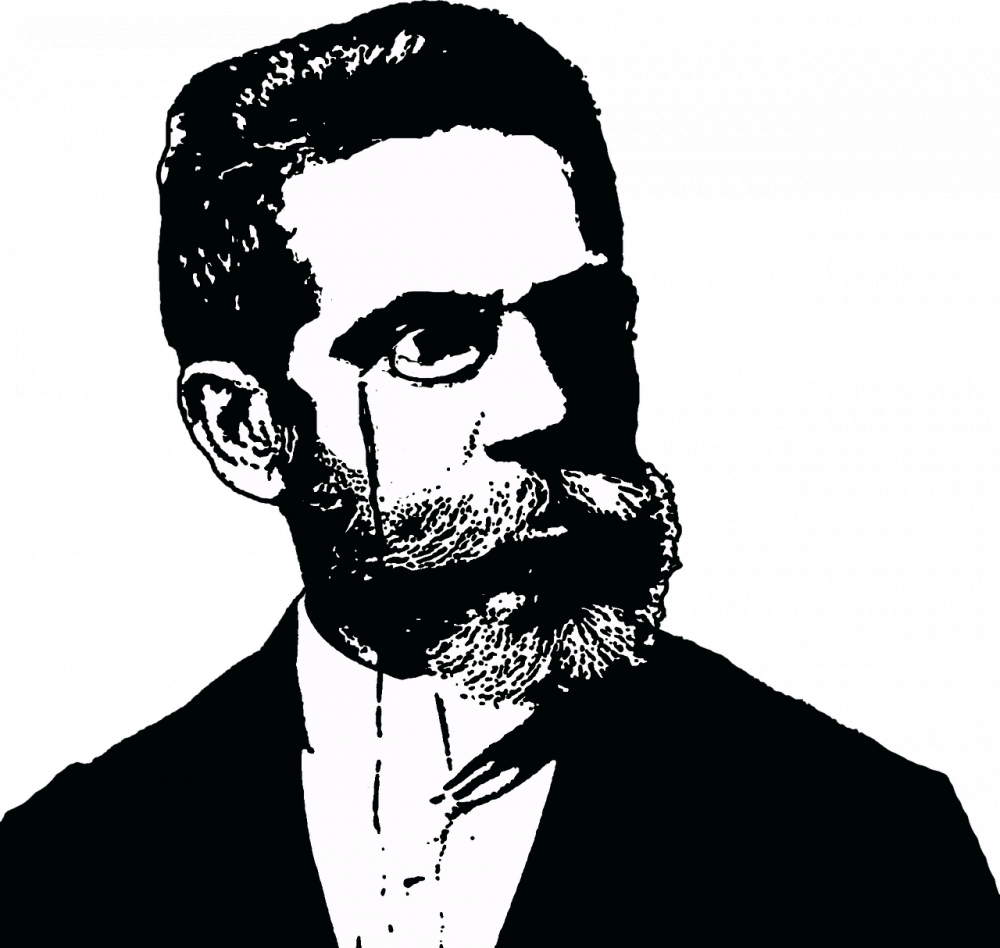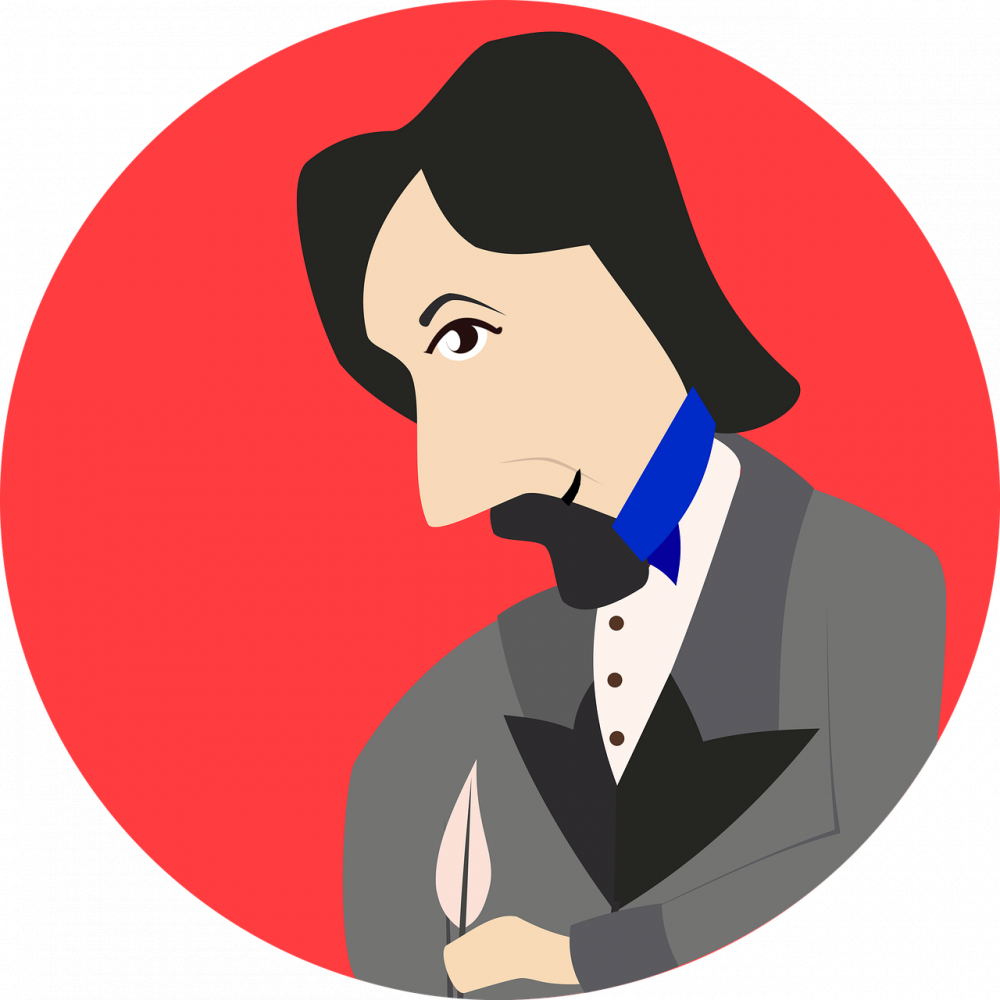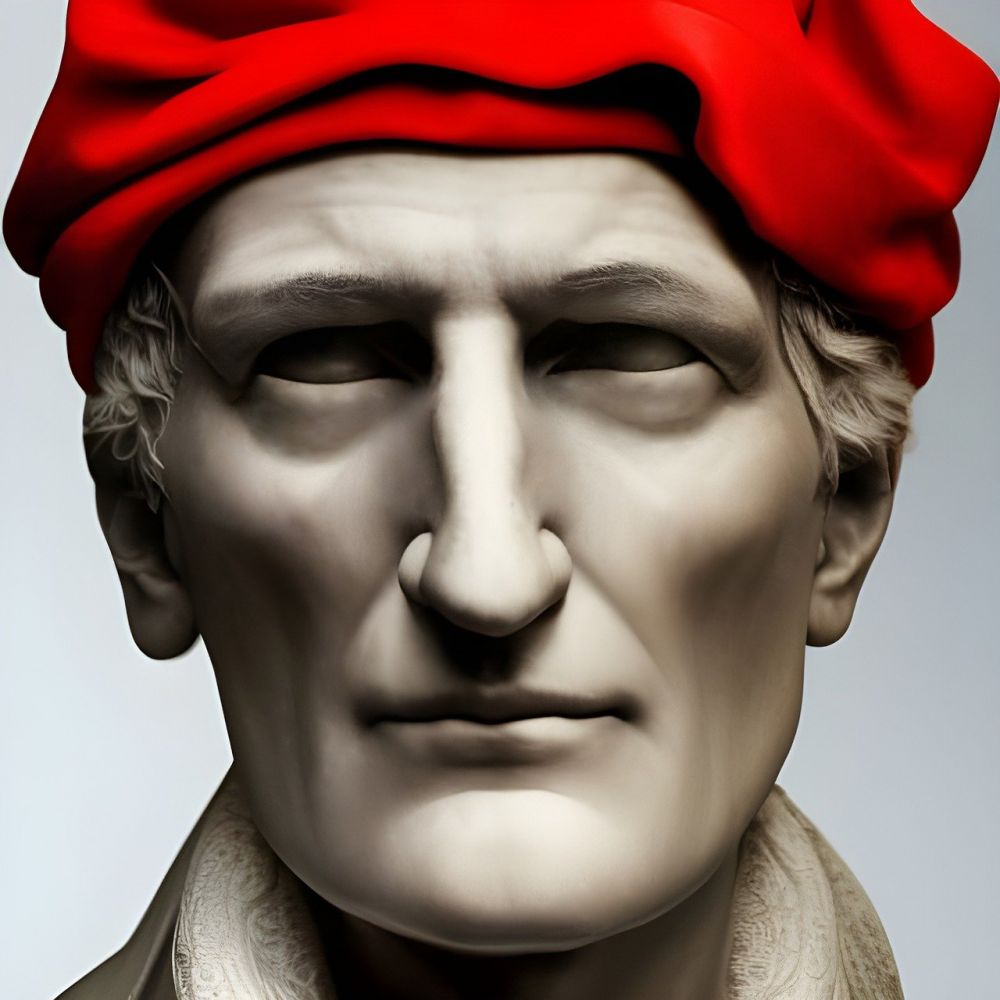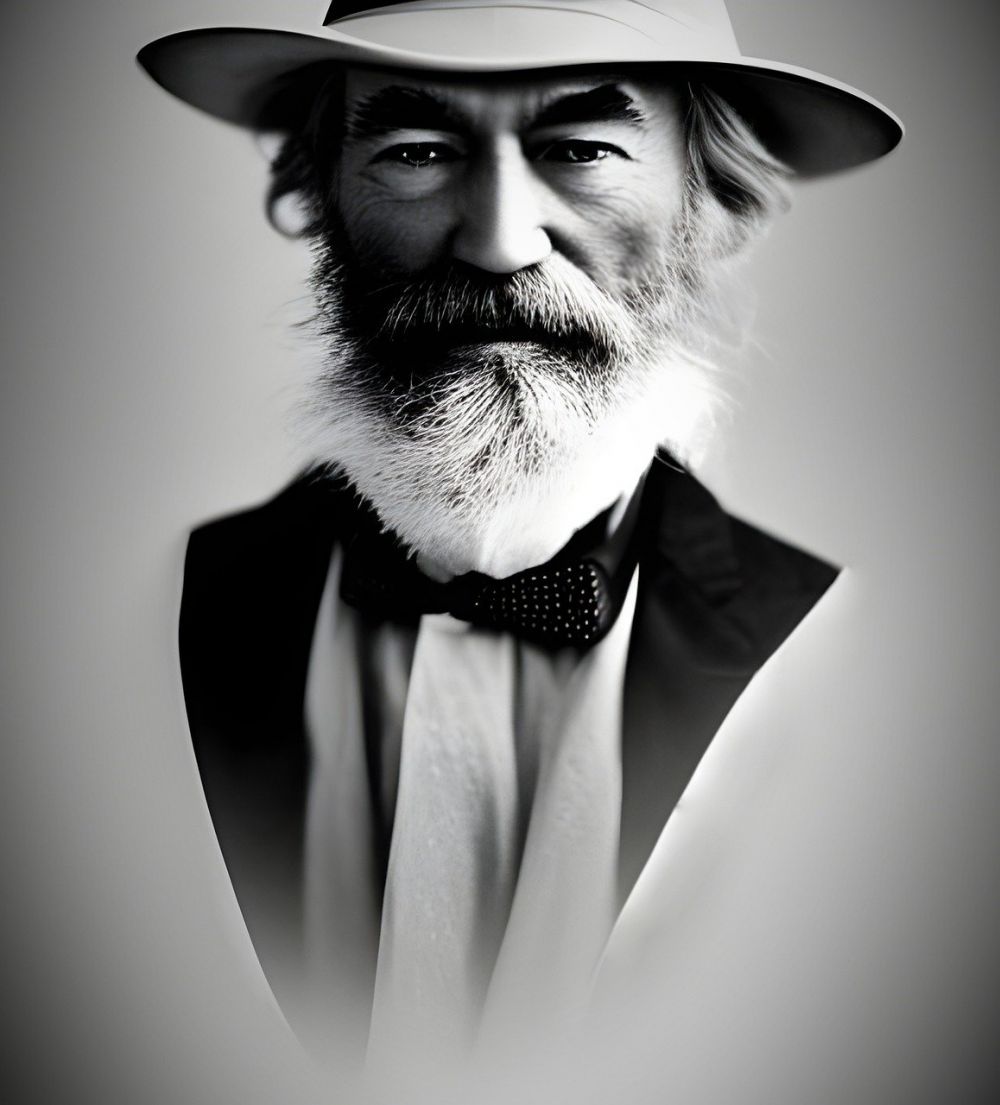Franz Kafka: A Deep Dive into the Mind of an Iconic Author

Introduction to Franz Kafka
Franz Kafka, born on July 3, 1883, in Prague, was a prominent figure in German literature and is regarded as one of the most significant and influential writers of the 20th century. Kafka’s works often explored themes of alienation, existential angst, and the absurdity of the human condition, leaving a lasting impact on literature and philosophy.
Understanding Franz Kafka’s Journey
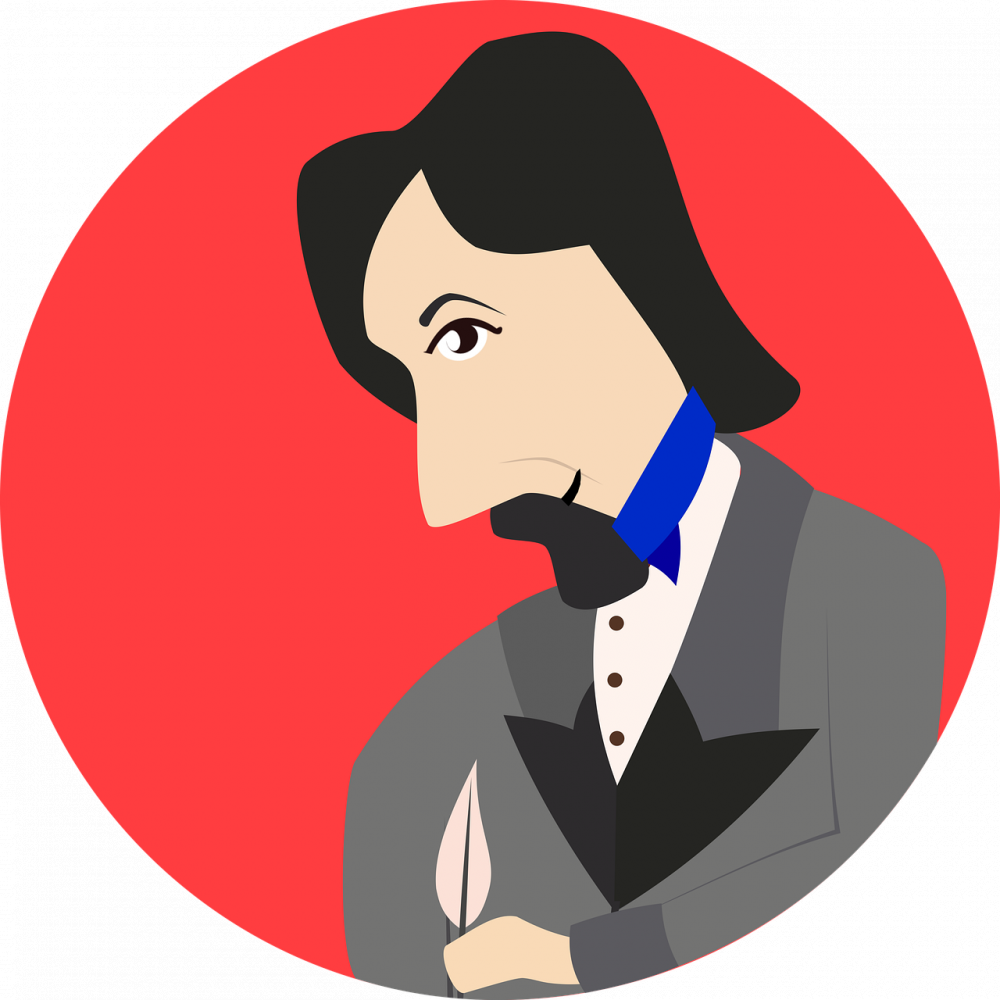
Kafka’s literary career began in the early 20th century when he started writing short stories and prose sketches. Although he earned a law degree and worked as an insurance clerk throughout his life, writing was his true passion. Kafka’s unique writing style, characterized by its introspective and surreal nature, allowed him to delve deep into the human psyche.
Kafka’s first published work, “Description of a Struggle,” appeared in 1905. However, it wasn’t until the publication of his novella “The Metamorphosis” in 1915 that he gained significant recognition. This groundbreaking work, depicting the protagonist’s transformation into a giant insect and the subsequent struggles he faces within his own family, highlights Kafka’s ability to portray the absurdity and isolation of the individual in a hostile, bureaucratic society.
Kafka’s Legacy
Despite publishing only a fraction of his work during his lifetime, Kafka left behind a substantial collection of manuscripts, including novels, letters, and diaries. After his death in 1924, his friend Max Brod disregarded Kafka’s request to burn his unpublished works and instead published them. This decision played a crucial role in shaping Kafka’s posthumous reputation as a literary visionary.
Kafka’s writing style and themes have had a profound impact on later generations of authors, philosophers, and artists. His works continue to be studied, analyzed, and interpreted in various ways, leading to a rich and multifaceted understanding of his literary oeuvre.
The Evolution of Kafka’s Works Over Time
Kafka’s early works, such as “The Judgment” and “The Stoker,” often explored themes of powerlessness, guilt, and familial conflicts. These narratives laid the groundwork for his later, more complex works that delved into the human psyche and the existential dilemmas faced by individuals in a demanding and oppressive society.
In his famous novel “The Trial,” Kafka examines the struggles of the protagonist, Josef K., who finds himself caught up in a nightmarish system of justice without ever understanding what he is accused of or why. This work, published posthumously in 1925, epitomizes Kafka’s preoccupation with bureaucracy, guilt, and the inherent absurdity of human existence.
Kafka’s novel “The Castle” further explores these themes by depicting the futile attempts of the protagonist, K., to gain access to the ineffable realm of authority represented by the castle. This unfinished novel, published in 1926, presents a haunting and enigmatic narrative that leaves readers pondering the nature of power and the quest for belonging.
The Influence of Franz Kafka
Kafka’s influence extends far beyond the realm of literature. His unique writing style and exploration of the human condition have inspired numerous adaptations, including films, plays, and even operas. Filmmakers like Orson Welles and David Cronenberg have sought to capture the essence of Kafka’s works on the silver screen, showcasing his enduring relevance and popularity.
In the field of philosophy, Kafka’s ideas have influenced existentialist thinkers such as Jean-Paul Sartre and Albert Camus. Their works embrace similar themes of absurdity and the search for meaning, drawing inspiration from Kafka’s groundbreaking narratives.
In conclusion, Franz Kafka’s legacy as a writer cannot be overstated. His introspective and surreal works continue to captivate readers and explore the complexities of the human condition. Kafka’s profound understanding of the individual’s struggles in an oppressive society, coupled with his distinct literary style, has cemented his position as an iconic figure in the world of literature. As we continue to delve into the depths of Kafka’s mind through his writings, we uncover new layers of meaning and appreciation for his enduring contributions to the arts.
[Note for inserting video: Please insert a video here that showcases the impact of Kafka’s works on contemporary artists and their interpretations.]
